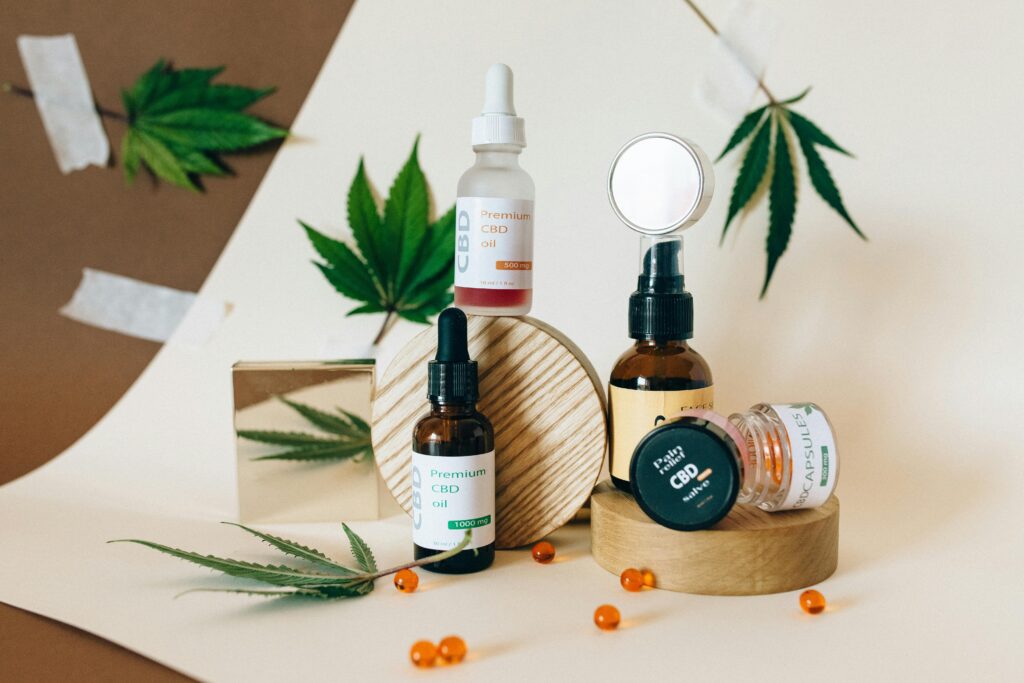Cannabis in Campo Grande: A Look at the Local Scene

This geographic factor plays a significant role in the local weed market, as large quantities of marijuana enter the city through border trafficking routes. Despite strict drug laws in Brazil, cannabis use in Campo Grande continues to be widespread, with a mix of social, cultural, and legal implications on weed in Campo Grande.
Legal Status of Cannabis
Brazil has not legalized cannabis for recreational use, and Campo Grande follows the same national regulations under Law No. 11,343/2006. This law differentiates between users and traffickers, but enforcement is often subjective on weed in Campo Grande.
- Users: Those caught with small amounts of cannabis for personal use do not face jail time but can receive penalties such as community service or educational programs.
- Traffickers: Possession of larger amounts can lead to severe prison sentences of 5 to 15 years.
How Cannabis is Sourced in Campo Grande
Given Campo Grande’s proximity to Paraguay, much of the marijuana available in the city comes from large-scale smuggling operations. However, there is also a growing interest in higher-quality cannabis, with some users turning to local growers or home cultivation.
Popular ways to obtain cannabis in Campo Grande include:
- Social Connections: Many users prefer to buy from friends or private networks to avoid dealing with unknown sellers.
- Delivery Services: Some sellers operate discreetly through social media and encrypted apps, offering home delivery for a safer and more private transaction.
The quality of cannabis varies greatly, with a mix of low-quality pressed marijuana (“macoña”) from Paraguay and higher-quality, locally grown strains that are becoming more available.
Cannabis Culture
Cannabis use in Campo Grande is present among different social groups, from young adults and university students to professionals who use it for relaxation or medicinal purposes. However, social stigma still exists, particularly among conservative communities.
Public consumption is risky, as law enforcement actively patrols areas where drug use is suspected. Unlike larger cities like São Paulo, where cannabis culture is more openly discussed, Campo Grande’s users tend to be more discreet, preferring private spaces for consumption.
Medical Cannabis in Campo Grande
While recreational cannabis remains illegal, medical cannabis is gaining recognition in Campo Grande. Patients suffering from chronic pain, epilepsy, anxiety, and other conditions can legally obtain cannabis-based medications through prescription and ANVISA (Brazil’s health authority) approval. However, access remains limited and costly, leading some patients to turn to illegal sources for relief.
The Future of Cannabis
As Brazil continues debating cannabis legalization, Campo Grande could play an important role in shaping future policies due to its location and involvement in cannabis-related law enforcement efforts. If Brazil moves toward decriminalization or regulation, it could help reduce black-market violence and generate tax revenue.
For now, cannabis in Campo Grande remains illegal but widely consumed, with users navigating a legal gray area and an evolving social landscape.